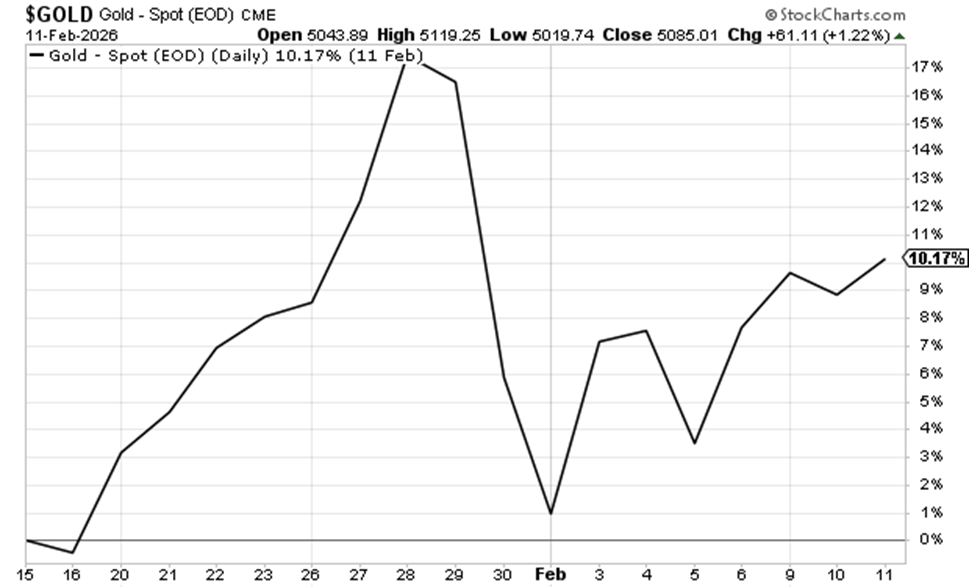Comparing Alibaba and PDD Holdings: Which Stock is the Better Buy?
In the dynamic realm of Chinese e-commerce, two leading companies are making waves: Alibaba Group (BABA) and PDD Holdings (PDD). These tech giants have not only revolutionized China’s digital economy but are also extending their influence globally. Founded in 1999 by Jack Ma, Alibaba was the pioneer in China’s e-commerce scene through its platforms, Taobao and Tmall. Meanwhile, PDD Holdings, the parent company of Pinduoduo, has risen to prominence with its innovative social commerce approach that has challenged traditional online shopping norms.
Both companies are grappling with similar challenges as they adapt to China’s regulatory landscape, expand internationally, and leverage AI technology for growth. As the Chinese economy stabilizes and e-commerce spending begins to rebound, investors are closely watching these market leaders. This analysis will explore the fundamentals of both stocks to assess which might present a better investment opportunity at this time.
The Case for Alibaba (BABA)
Alibaba is showing renewed momentum, particularly in its core e-commerce sector. Customer management revenues from Taobao and Tmall increased by 9% year-over-year in the latest quarter. This uptick follows the implementation of a strategic pivot towards a “user-first, AI-driven” model aimed at enhancing user experience and merchant efficiency rather than merely growing volumes.
The cloud segment is also a significant driver of growth, with revenues rising by 13% year-over-year in the December quarter. Alibaba plans a historic investment of RMB 380 billion (approximately $53 billion) in cloud and AI infrastructure over the next three years, surpassing its total spending in these areas over the past decade. This strategy positions Alibaba well to seize opportunities in the rapidly growing AI sector, evidenced by triple-digit growth in AI-related product revenues for six consecutive quarters.
Internationally, Alibaba is making strides through AliExpress and Lazada, which are gaining global traction. The company’s disciplined approach to capital allocation is reflected in its recent divestments of non-core assets, including Sun Art and Intime, totaling approximately $2.6 billion, enabling a more concentrated focus on growth areas. With a robust cash position of $51.9 billion as of December 31, 2024, Alibaba has the financial flexibility necessary for growth initiatives and share repurchases.
The Zacks Consensus Estimate suggests a revenue projection of $137.03 billion for fiscal 2025, a growth rate of 5.01% year-over-year. The earnings estimate for fiscal 2025 stands at $8.92 per share, reflecting a 1.4% upward revision over the past 60 days, indicating market optimism regarding Alibaba’s growth trajectory.

Image Source: Zacks Investment Research
The Case for PDD (PDD)
PDD Holdings has showcased remarkable revenue growth, achieving a 24% year-over-year increase to RMB 110.6 billion ($15.15 billion) in fourth-quarter 2024. This strong performance stems from its innovative “team purchase” model, which fosters viral social shopping experiences appealing to budget-conscious consumers. The company’s transaction services revenues grew by 33% year-over-year, highlighting its enhanced monetization capabilities.
PDD’s operating margins are impressive, with a non-GAAP operating profit margin of 24% in the fourth quarter. Despite investing in merchant support and platform ecosystem development, PDD has maintained substantial profitability, aligning with its “high-quality development strategy” focused on sustainable growth. Notably, a RMB 10 billion fee reduction initiative has aided over 10 million merchants.
Internationally, PDD’s expansion through Temu has achieved significant early success in markets such as the United States and Europe. Unlike Alibaba’s cautious approach, PDD has aggressively invested in cross-border logistics and marketing, rapidly increasing its global market share. In 2024, PDD’s revenues rose 59% year-over-year to RMB 393.8 billion ($53.96 billion), starkly contrasting Alibaba’s 8% revenue growth for the same period.
For 2025, the Zacks Consensus Estimate for PDD’s revenues is set at $64.94 billion, projecting an 18.74% increase from the prior year. The earnings estimate is positioned at $11.99 per share, indicating a 5.92% rise from 2024.

Image Source: Zacks Investment Research
Valuation and Price Performance Comparison
From a valuation standpoint, both Alibaba and PDD trade at discounts compared to the broader industry. However, Alibaba presents a more attractive growth potential. Currently, BABA trades at a forward P/E of 11.91x, while PDD’s forward earnings ratio stands at 9.51x. Although PDD appears cheaper based on absolute valuation, Alibaba’s price-to-sales ratio of 2.17x outweighs PDD’s 2.41x, suggesting better revenue-generating value.
BABA’s Valuation is More Attractive Than PDD

Image Source: Zacks Investment Research
In terms of stock performance, BABA shares have rallied 55.3% year-to-date, significantly surpassing PDD’s 23.2% gain during the same timeframe. Both stocks have outperformed the broader Zacks Retail-Wholesale sector, while the S&P 500 has seen a slight decline of 0.6%. Alibaba’s stronger performance amidst concerns over China’s economic slowdown indicates heightened investor confidence in its diversified business model and strategic direction.
BABA Outperforms PDD & Sector Year-to-Date

Image Source: Zacks Investment Research
Alibaba vs. PDD: A Comparison for Investors in Chinese E-Commerce
Investment Analysis
Both Alibaba Group Holding Limited (BABA) and PDD Holdings Inc. (PDD) present strong cases for investment, but Alibaba stands out as the more attractive option for those targeting Chinese e-commerce and AI sectors. Its diverse business model and significant investments in AI, alongside improving cloud growth, create a robust risk-reward dynamic. Additionally, Alibaba’s strong financial position and strategic capital allocation support its commitment to core businesses and ecosystem development, positioning it well for sustainable growth in the long term.
Market Outlook
As the Chinese economy shows signs of stabilization and AI usage becomes more prevalent, Alibaba offers investors a compelling opportunity. It potentially provides greater upside and lower execution risk compared to PDD. Currently, BABA holds a Zacks Rank of #2 (Buy), while PDD is rated #3 (Hold).
Conclusion
Investors should consider Alibaba’s strengths amidst a growing market for e-commerce and technology. With its renewed focus on key areas of growth, BABA is well-positioned to leverage these trends effectively.
This article originally published on Zacks Investment Research.
The views and opinions expressed herein are those of the author and do not necessarily reflect those of Nasdaq, Inc.








